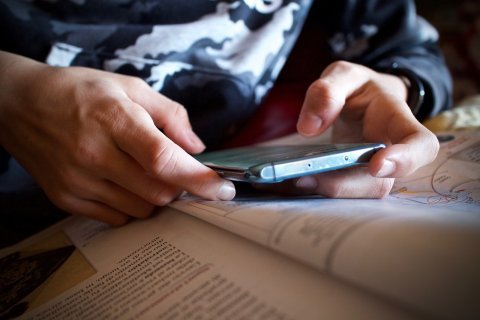
The study, titled "Earlier Smartphone Acquisition Negatively Impacts Language Proficiency, but Only for Heavy Media Users. Results from a Longitudinal Quasi-Experimental Study," conducted by Tiziano Gerosa, a researcher at the University of Professional Studies of Southern Switzerland (SUPSI), and Marco Gui, Director of the Digital Wellbeing Center at the University of Milano-Bicocca (Department of Sociology and Social Research), tested the main theoretical hypotheses regarding the role of smartphones in the learning process, both those positing benefits and those anticipating negative effects.
The research encompassed an age range of 10-14 years, comparing those who acquired the device before the age of 12 – at 10 and 11 years old, during the transition from primary to lower secondary school – and those who received it in later years, specifically at 13 and 14 years old. The total sample consisted of 1,672 italiam students from lower secondary schools, with administrative information collected over time by the National Institute for the Evaluation of the Education System (INVALSI).